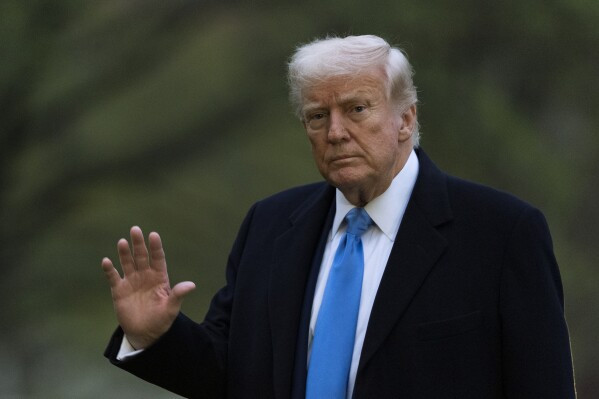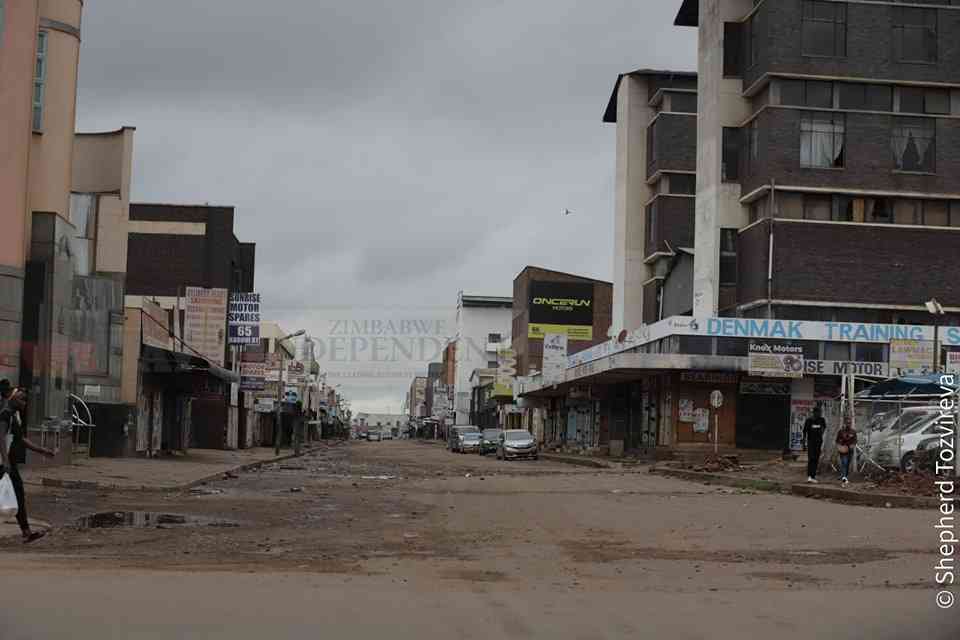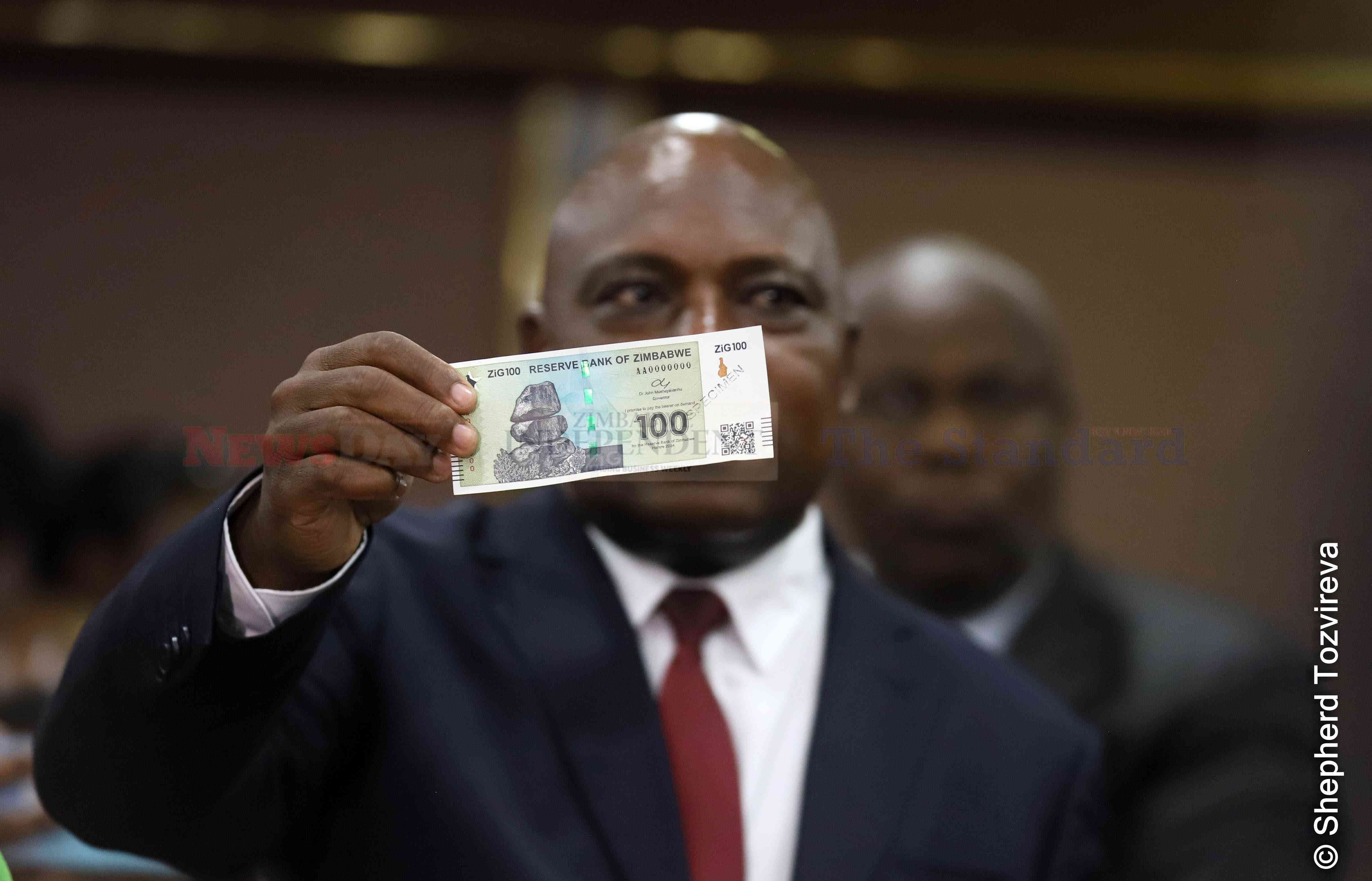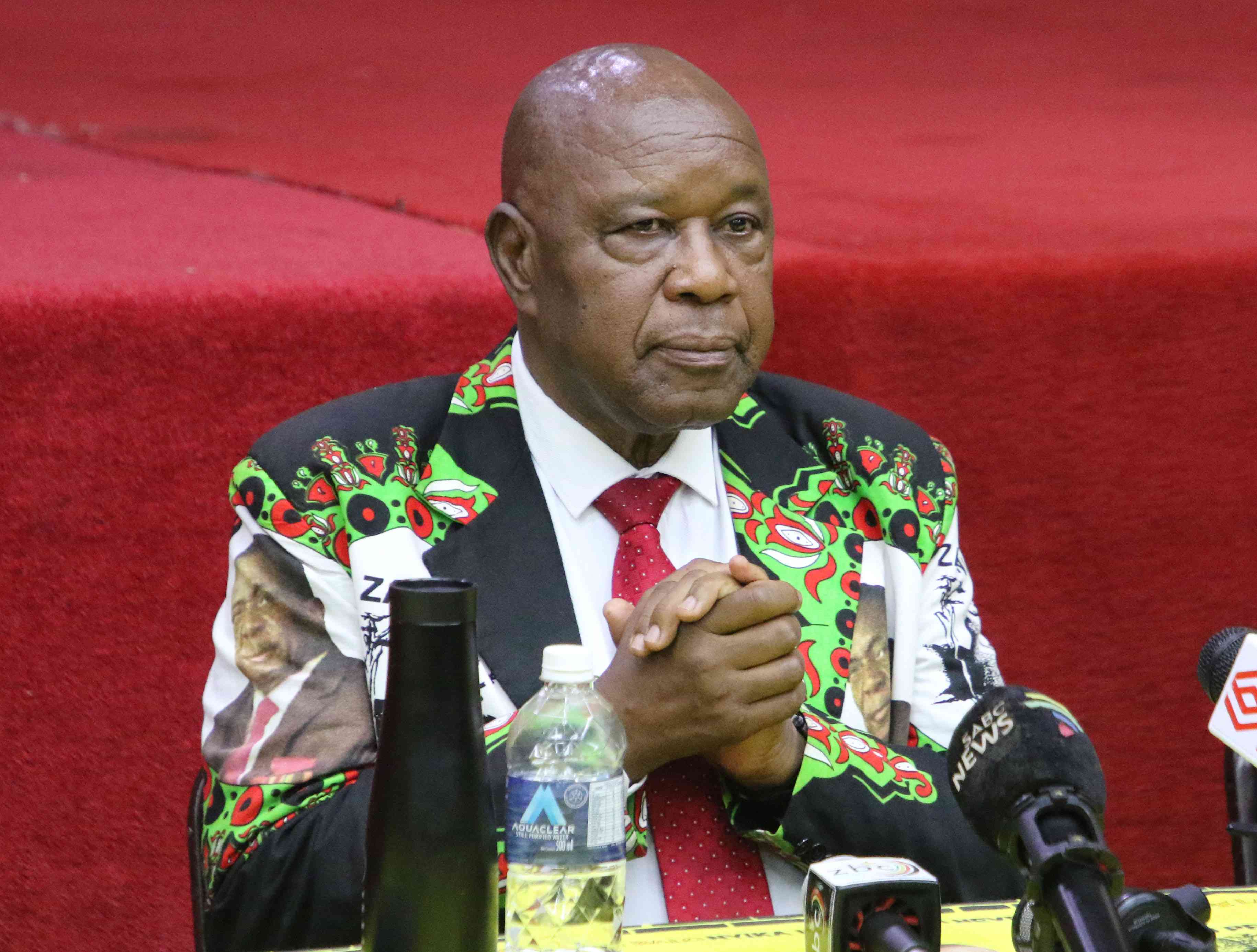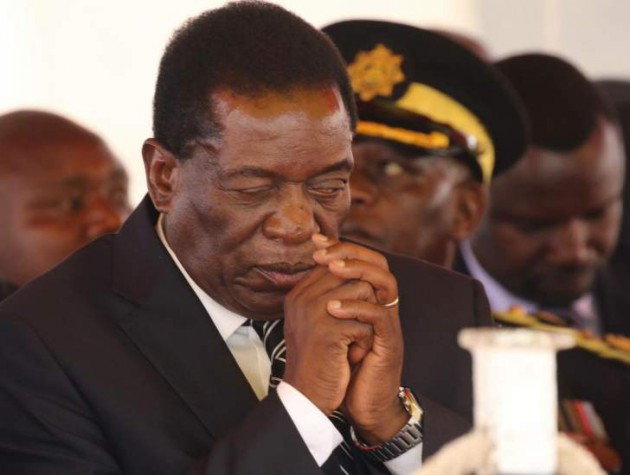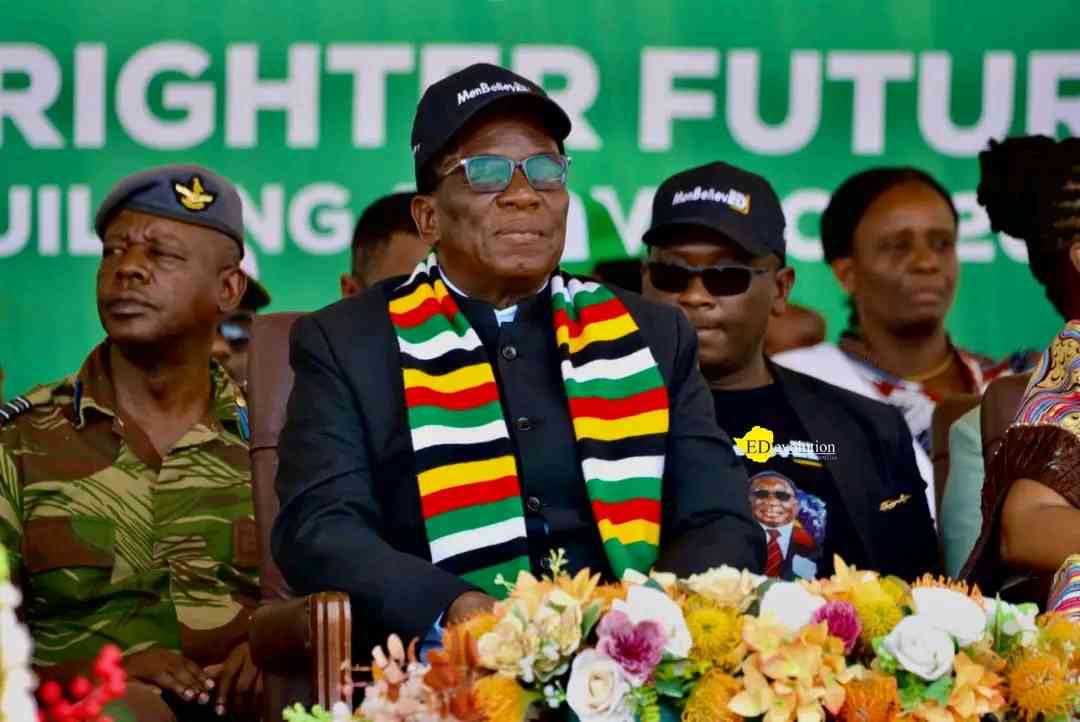
The government’s crackdown on anti-government demonstrations on March 31, has once again exposed the dichotomy between the country’s constitutional guarantees of freedom and the reality of state repression.
The arrest of protesters in Harare shows a disturbing pattern: in Zimbabwe, the right to demonstrate is a privilege reserved only for Zanu PF cheerleaders.
The protest, organised by disenchanted war veterans led by Blessed Geza, was a response to Zanu PF’s efforts to extend Mnangagwa’s rule beyond constitutional term limits under the so-called “ED 2030 agenda”. Yet, instead of addressing the litany of grievances by citizens, the state responded with brute force — tear gas, intimidation and arrests.
The repression stands in stark contrast to the freedom enjoyed by pro-government demonstrators who openly campaign for Mnangagwa’s prolonged rule. The message is clear: in Zimbabwe, constitutional rights are selectively enforced for political expediency.
Zimbabwe’s 2013 Constitution is, on paper, a progressive document. Section 58 guarantees freedom of assembly and association, while Section 59 explicitly protects the right to demonstrate and petition authorities peacefully.
These provisions in the constitution align with Zimbabwe’s international obligations under the International Covenant on Civil and Political Rights and the African Charter on Human and Peoples’ Rights, both of which mandate respect for peaceful protest.
Yet, the events of March 31 demonstrate how empty these guarantees have become. Police preemptively flooded Harare’s streets and intimidated would-be protesters. Those who dared gather at Freedom Square were met with tear gas and arrests on dubious charges of “promoting public violence.”
This is not an isolated incident but part of a well-documented pattern. Since Mnangagwa’s rise to power in 2017, not a single anti-government protest has been allowed to proceed without state interference.
- ED’s influence will take generations to erase
- Young entrepreneur dreams big
- Chibuku NeShamwari holds onto ethos of culture
- Health talk: Be wary of measles, its a deadly disease
Keep Reading
The events of August 1, 2018, demonstrate the how Mnangagwa’s government uses brute force to suppress dissent without hesitation. After the general elections, opposition supporters in Harare protested against electoral malpractices by Zanu PF. The military was deployed to suppress these demonstrations, resulting in the deaths of at least six civilians and injuries to many others.
The Maintenance of Peace and Order Act — which curtail freedoms enshrined in Section 58 and 59 of the constitution — is often weaponised to ban protests under the pretext of maintaining public order, even when there is no genuine threat. The result is a distorted legal system where the government claims to endorse constitutional rights but consistently breaches them.
What makes the March 31 crackdown particularly egregious is the government’s shameless double standards. While security forces brutalise anti-government demonstrators, Zanu PF supporters march freely in favour of Mnangagwa’s “2030 agenda”. Over the past months, ruling party youth leagues have staged rallies across the country — most notably in Masvingo — calling for Mnangagwa to remain in power beyond his constitutional mandate. They are allowed to toyi-toyi in the streets chanting party slogans without police interference, often with state security escorts.
This selective enforcement reveals a fundamental truth: Zimbabwe’s government does not oppose protests in principle — only those that challenge its authority.
This is an old Zanu PF dirty tactic. A notable instance occurred during the government of national unity in October 2012, when war veterans, staunch supporters of then-President Robert Mugabe and Zanu PF, protested against Finance minister Tendai Biti. They complained about Biti’s refusal to increase their monthly payouts, leading them to block access to the Finance ministry and demand his resignation.
Despite the aggressive nature of these demonstrations, there were no significant reports of police intervention or arrests.
Mnangagwa is singing from Mugabe’s hymn book as his repressive tactics mirror his predecessor’s.
These events underscore a clear pattern: when demonstrations align with Zanu PF agenda or target its political adversaries, they are often permitted to proceed without obstruction. Conversely, protests expressing dissent against the ruling party or its leadership are frequently met with swift suppression, including arrests and accusations of inciting public violence, or shooting.
Such disparities not only contravene the rights enshrined in Zimbabwe’s Constitution but also violate international human rights standards, highlighting a troubling inconsistency in the application of justice and the safeguarding of fundamental freedoms.
During Covid-19 lockdowns, Zanu PF rallies were exempt from restrictions while opposition gatherings were violently dispersed. The Mnangagwa regime has perfected the art of using the law as a political weapon, shielding allies while criminalising dissent.
The consequences of this selective repression extend beyond immediate human rights violations — they corrode the very foundation of Zimbabwe’s legal order. A constitution that is applied only when convenient is no constitution at all. By criminalising peaceful dissent while endorsing Zanu PF demonstrations, the state sends a clear message: rights are conditional on political loyalty.
International observers have taken note. The African Commission on Human and Peoples’ Rights has repeatedly condemned Zimbabwe’s suppression of protests, while civil society groups highlight the regime’s failure to uphold its own laws. Freedom House and other watchdogs have documented the systematic harassment, abduction, and torture of activists — tactics designed to instill fear and stifle opposition.
The events of March 31 are not an anomaly but a symptom of Zimbabwe’s decay. A government that arrests citizens for demanding accountability while cheering partisan mobs advocating unconstitutional rule extensions is not a democracy.
*Reward Magadhi can be reached via email: rewardmagadhi@gmail.com

